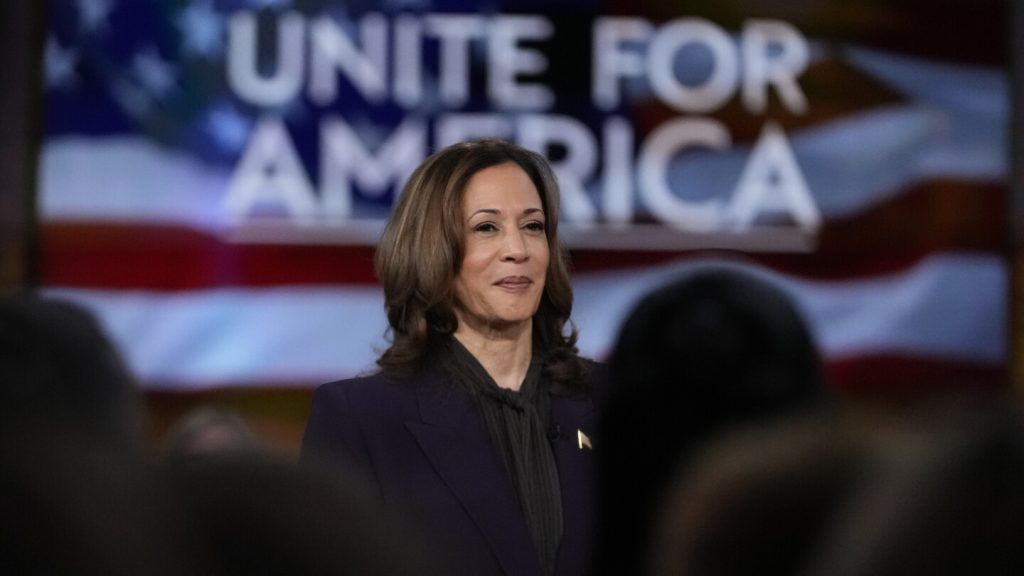In the final weeks of the fiercely competitive election, presidential candidates Kamala Harris and Donald Trump are taking stances that are unusual for their respective parties. Trump, who has traditionally been associated with the Republican Party, is breaking from conservative values on issues such as trade and foreign policy. He has even proposed government intervention in health care and the economy, which has irked his more fiscally conservative supporters. Trump’s policy approach is being described as “common sense” by some, and he has gained support from former Democrats like Tulsi Gabbard and Robert F. Kennedy Jr.
On the other hand, Harris, who represents the Democratic Party, has been reaching out to disaffected Republicans in an organized manner. Her campaign has hosted events on issues such as abortion rights, border security, and small business creation that feature Republican officials. Harris has also adopted a more muscular foreign policy stance and has vowed to have a Republican in her Cabinet if elected. She has even expressed her support for gun ownership and use, surprising even supporters like Oprah Winfrey. Harris has already gained the endorsement of more than 100 Republican national security and foreign policy officials.
While both candidates are embracing policies that appeal to the other side, their priorities still largely align with their party’s traditions. Trump opposes abortion rights, supports a border wall, dismisses climate change, and opposes gun restrictions. Harris, on the other hand, supports abortion rights, wants to ban assault weapons, and advocates for measures to combat climate change and support labor unions. Despite their differing policy stances, both candidates are increasing their appeal among independent voters and disaffected members of the opposite party.
Harris and Trump are vying for support from groups that have traditionally aligned with the other party. Harris has promised to extend her reach to Republicans and has gained support from groups like Republican Voters Against Trump and the Anti-Psychopath PAC. Trump, on the other hand, believes his platform has appeal among African Americans, Hispanics, and labor union members. Both candidates are looking to win over persuadable Democrats and independents by highlighting specific policy plans and areas where they may differ from their party’s traditional positions.
As the election approaches, the contest may hinge on how many disaffected suburban Republicans choose to vote for Harris, and how many of the Democrats’ traditional base switch to Trump. Both candidates are working to expand their coalition by adopting policies that may have once been considered taboo by their parties. The lines between the Democratic and Republican parties are blurring as Harris and Trump seek to appeal to a wider range of voters, challenging long-held assumptions about what each party stands for. Ultimately, the outcome of the election will depend on which candidate is able to win over the most support from across the political spectrum.


